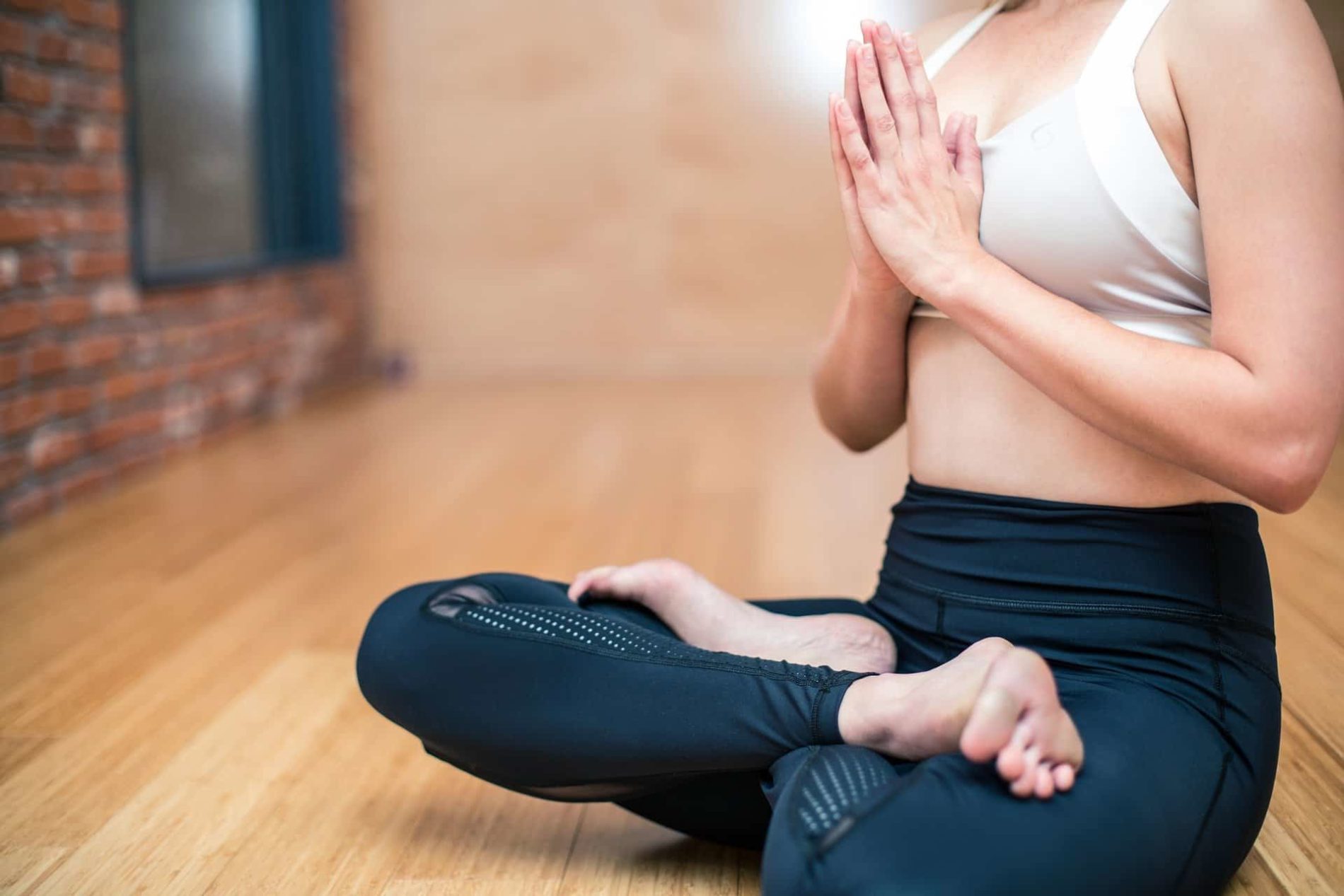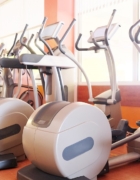Disentangling yourself from the crippling grip of alcohol addiction can seem like an impossible task. There are a number of methods and treatment programs designed to help individuals break free from addiction, including traditional, alternative, and complementary programs for recovery.
Recently, an increasing number of rehabilitation programs like True Life Recovery, an Orange County Detox Center draw focus on holistic approaches that integrate multiple tools and strategies to help achieve and maintain recovery. Practicing yoga can be helpful for you in this path.
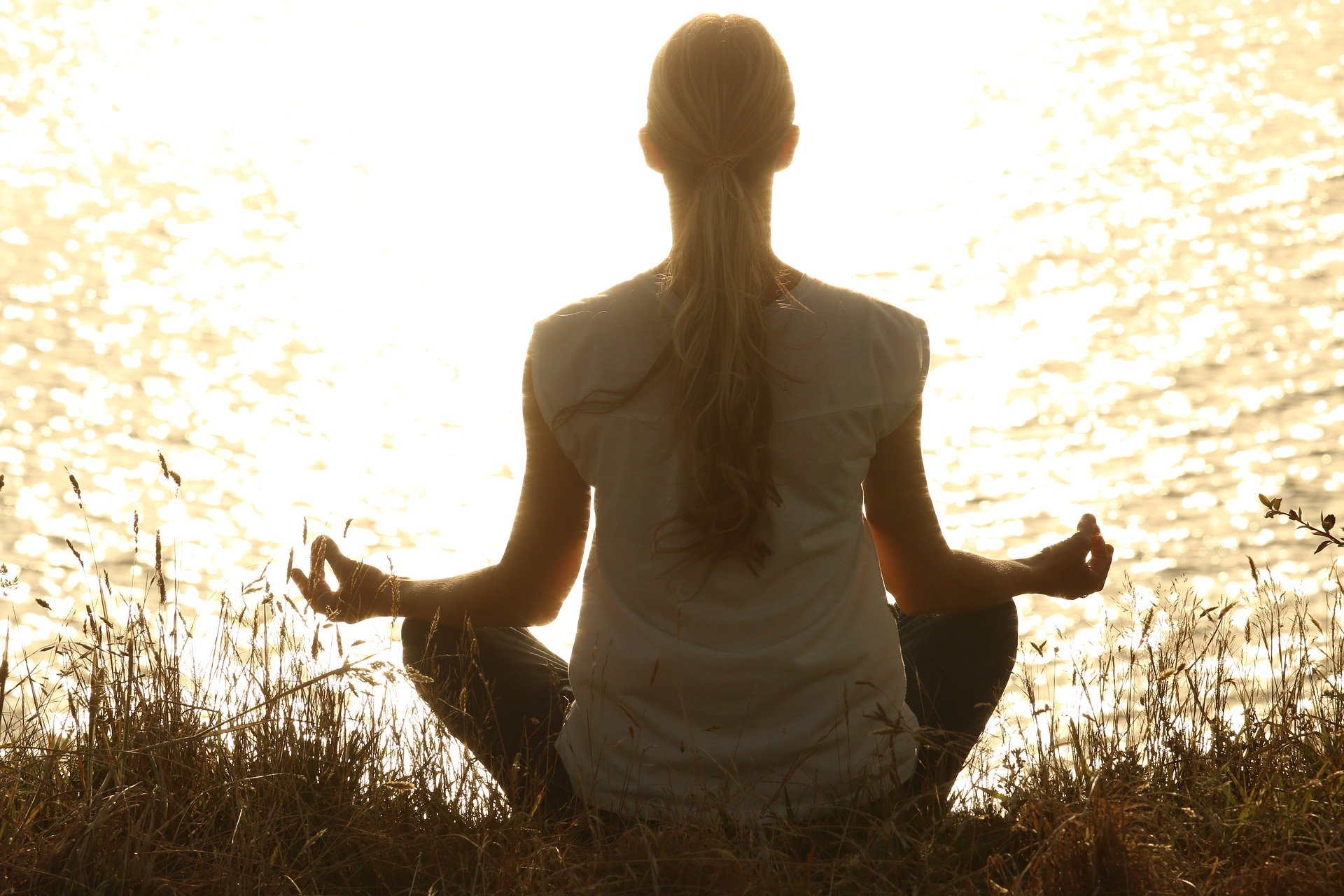
Benefits of Yoga for Recovery
A natural form of wellness treatment yoga is a complementary health practice found to be beneficial when used along with traditional treatment programs. Today, you will find that the majority of rehabilitation facilities include yoga and meditation or mind-body awareness in their treatment programs. Some of the potential benefits of yoga for recovery include the following:
- Calms the nervous system and relaxes muscles
- Teaches you to be present and practice mindfulness
- Boosts strength and physical stamina
- Enhances self-confidence
- Promotes deep sleep
- Natural pain and stress relief
- Experience feelings of peace and comfort
Besides aiding in preventing relapse and reducing withdrawal symptoms, yoga can help improve overall health and wellness and offer an excellent way to help patients cope with day to day life stressors and potential addiction triggers.
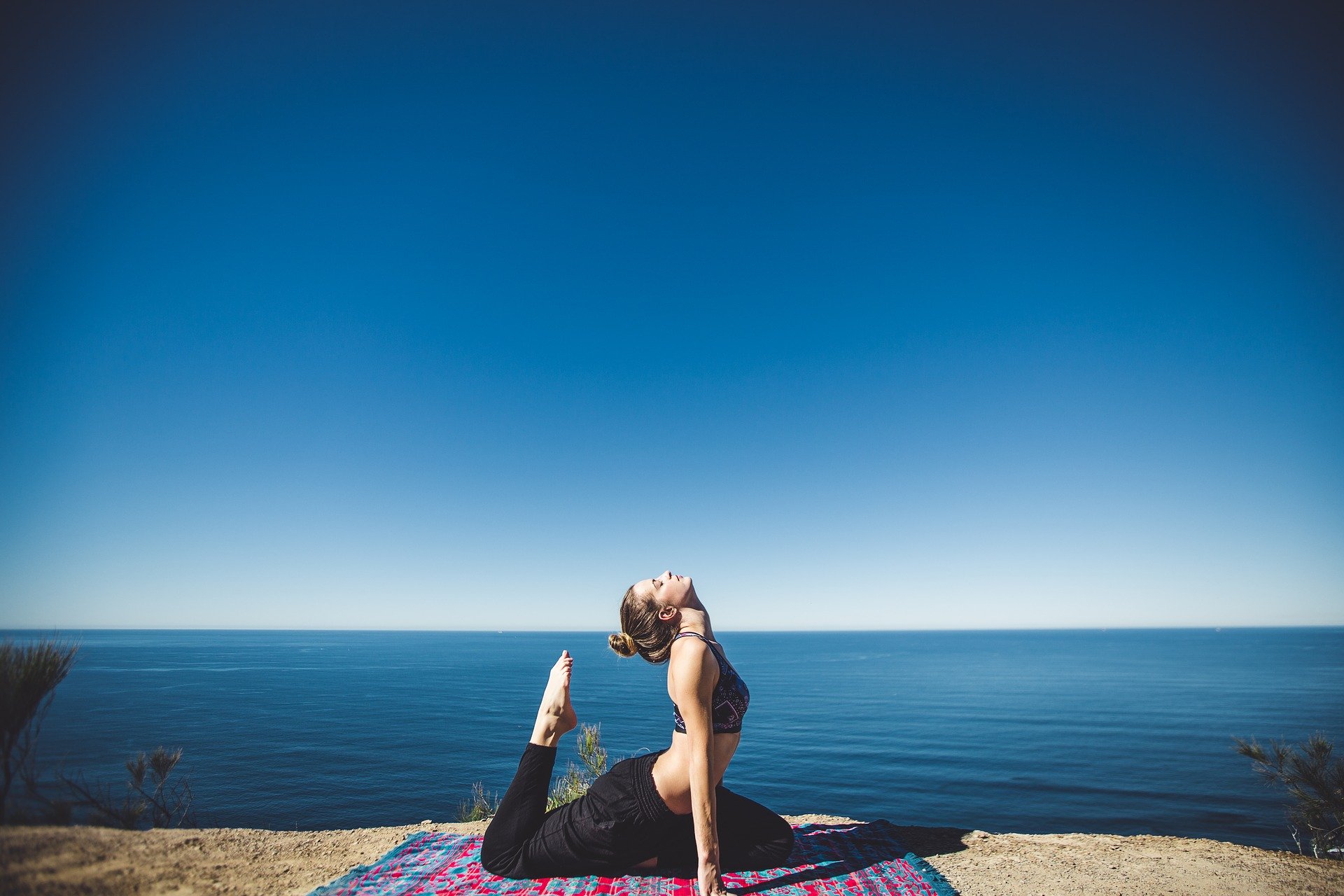
Yoga Poses to Aid in Addiction Recovery
There is a variety of yoga poses that one can practice anytime to calm the mind and remained focused on achieving the goal of sobriety. Some of which are as follows:
- Corpse Pose – The Corpse pose relieves tension from the body and works well in relaxing, rejuvenating, and replenishing the mind and body.
- Fish Pose – Also known as the heart opener position, the fish pose helps improve posture and spinal flexibility.
- Downward Facing Dog – Downward Dog builds strength and at the same time stretches the whole body and help release physical and mental tensions.
- Legs Up the Wall – This pose promotes circulation and helps relieve anxiety and depression.
- Sitting Mountain – This pose gives your trunk, waist, and shoulders a good stretch as well as gives alignment to the spine. Here, the body’s stretched to resemble the mountain, and is a good way to release stress and invite stillness into the body.
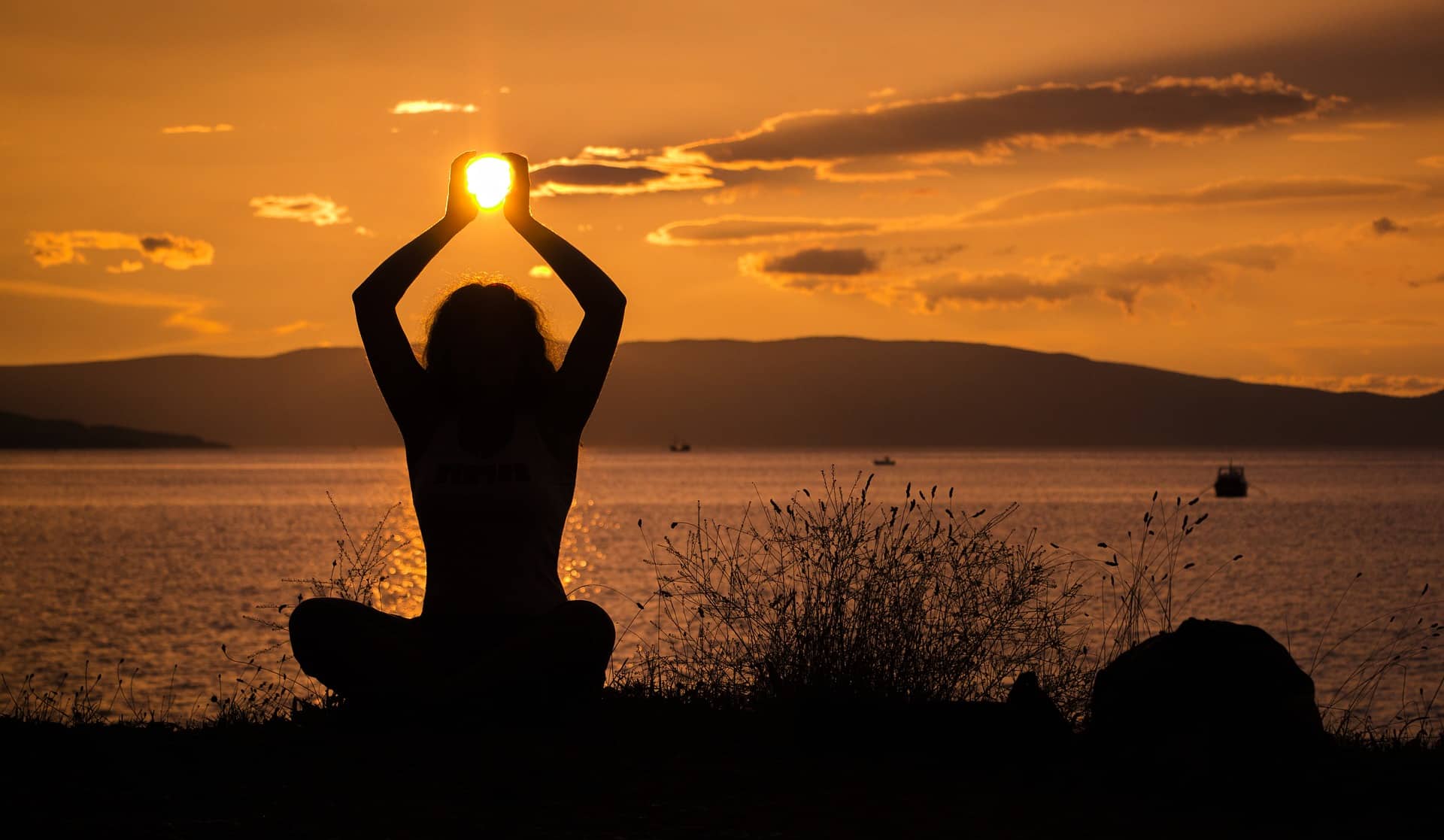
When practicing yoga, try holding the poses for at least three breaths, and pay close attention to the sensations that come up as you perform each pose.
Key Takeaway
Beyond just stretching, practicing yoga has been shown to help patients confront their addiction and aid in the path to recovery. When used together with traditional treatments and therapy, yoga can be an amazing adjunct alcohol recovery program that can be developed by individuals into lifetime practice for calming and relaxation, as well as achieve self-awareness and mental clarity whenever needed.



